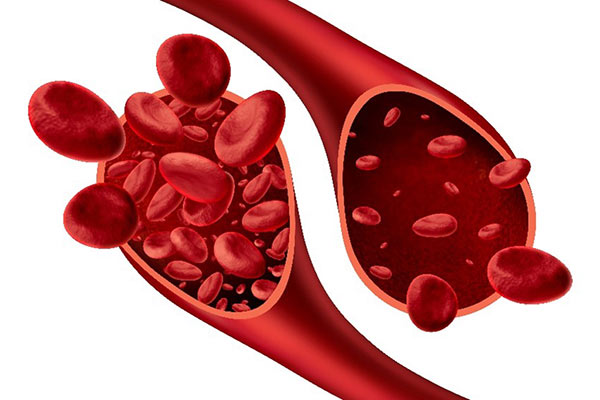
by Southwest Kidney Institute | Oct 4, 2024 | Blog
Many people are surprised at how much the kidneys do and their importance to the body. Kidneys are primarily filters that remove unwanted toxins ( i.e. urea, nitrogen, etc.), excess electrolytes (i.e. sodium, potassium, phosphorus, etc.) and excess fluid from the...

by Southwest Kidney Institute | Oct 4, 2024 | Blog
High blood pressure is one of the leading causes of kidney failure. Kidneys are the primary organ that control blood pressure along with the adrenal gland situated on top of the kidney. There are many causes for high blood pressure, and most of them are related to...

by Southwest Kidney Institute | Oct 4, 2024 | Blog
Below is a list of commonly used terms related to kidney disease. Acute renal failure/acute kidney injury—Acute renal failure (also called acute kidney injury) means that the kidneys have suddenly stopped working. Kidneys remove waste products and help balance water...

by Southwest Kidney Institute | Oct 4, 2024 | Blog
Diabetes or uncontrolled high blood sugar is the most common cause of kidney disease in the United States and around the world. As the average weight of the population continues to go up and the level of activity continues to decline, diabetes will continue to reach...

by Southwest Kidney Institute | Oct 4, 2024 | Blog
What is calcium, and what does it do in the body? Calcium is the most abundant mineral found in the body. About 99% of the calcium in the body is in bones and teeth. The remaining one percent is found in blood and soft tissues. The body uses calcium to: Form strong...

by Southwest Kidney Institute | Oct 4, 2024 | Blog
How Bone Disease is Related to Kidney Function Bone disease resulting from kidney dysfunction (renal osteodystrophy) affects 90 percent of dialysis patients but starts early in chronic kidney disease (CKD) stage 3-4. If left untreated, the bones gradually become thin...






